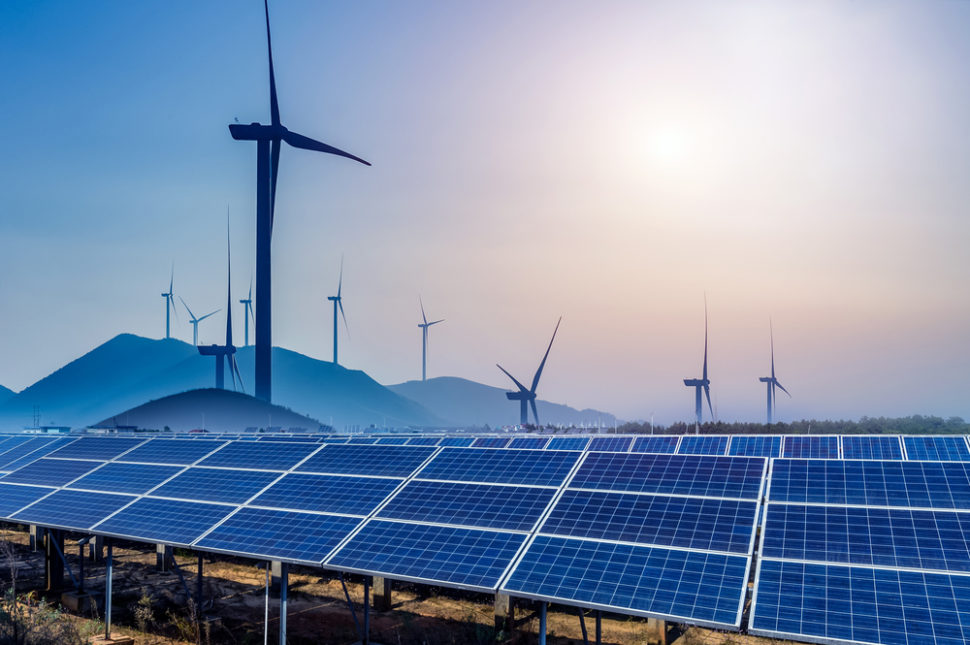Theoretically, 139 countries in the world could generate 100% of their power from renewable resources by 2050. But, just because we can, doesn’t mean we will.
The transition to a zero-emitting world is an option that’s scientifically and economically viable, but no single country is officially aiming to this noble goal.
What’s even worse is that most countries don’t seem to be on track to meet their GHG reduction targets.
According to the latest “Emissions Gap” report, from the United Nations Environment Program (UNEP), the gap between emissions cuts pledged and action taken toward these goals is “alarmingly high”.
The report concluded that “there is an urgent need for accelerated short-term action and enhanced longer-term national ambition, if the goals of the Paris Agreement are to remain achievable”.
Apparently, the world has a lot of catching up to do.
Read More: Report Shows Australia has Potential to be 100% Renewable by 2030
100% Renewables by 2050: The World Only Needs Wind, Water, and Sunlight
Not only can most countries close the gap between climate pledges and climate action, but they can also aim higher by going bullish on renewables and shoot for 100% renewable energy by 2050.
According to a study from Stanford University, 139 countries could run on 100 renewable energy (wind, sun, water) by 2050.
By cutting away from fossil fuels, the world economy would lose 27.7 million jobs, but these would be replaced by 52 million jobs based on renewable industries.
By transitioning to a clean world, we’d also save 4 to 7 million people every year from dying due to air pollution.
Read More: Make it Rain: Why A Climate Action Model Will be the Next Boom Economy
The model Stanford researchers are proposing is based on wind, water, and sunlight (WWS) in order to “transform the all-purpose energy infrastructures (electricity, transportation, heating/cooling, industry, agriculture/forestry/fishing)”.
Researchers went the extra mile and provided a roadmap for each of the 139 countries.
“The roadmaps envision 80% conversion by 2030 and 100% by 2050. WWS not only replaces business-as-usual (BAU) power, but also reduces it ∼42.5% because the work: energy ratio of WWS electricity exceeds that of combustion (23.0%), WWS requires no mining, transporting, or processing of fuels (12.6%)”.
If each of the 193 parties that have ratified the Paris Agreement achieves its territorial GHG emissions reduction targets, the world will get rid of 52.4 tonnes of GHG emissions annually.
With this amount of emissions reduced, we can hope for 1.5-2 degrees C of increase in global temperatures. It won’t end global warming altogether, far from that, but it could trigger a reverse effect.
Always according to UNEP’s Emission Gap report, the world pledges under the Paris Agreement “cover only approximately one-third of the emissions reductions needed to be on a least-cost pathway for the goal of staying well below 2°C”.



















Comments (0)
Most Recent